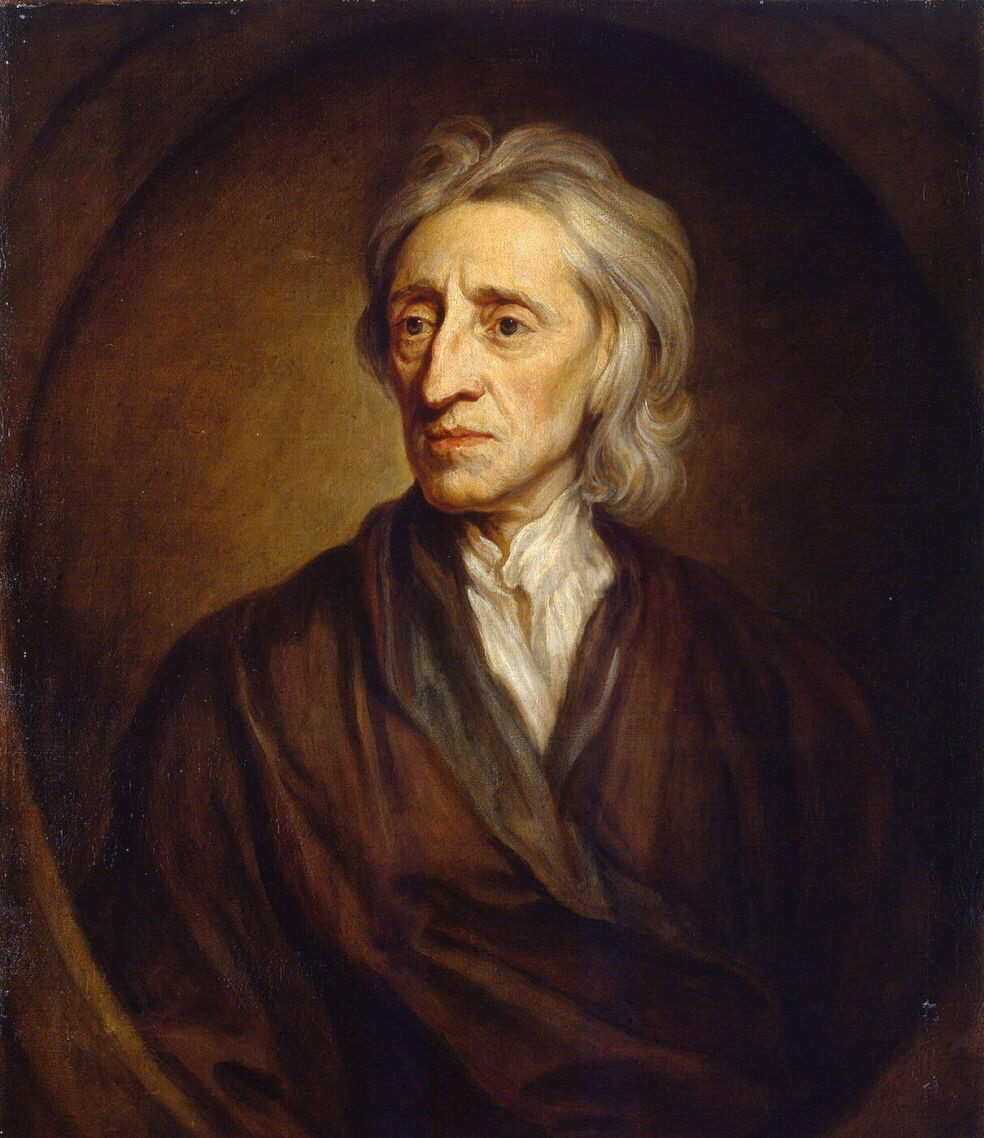Origine: Da Some thoughts concerning reading and study for a gentleman. – John Locke, The Works, vol. 2, An Essay concerning Human Understanding, part 2 and Other Writings (1689).
John Locke frasi celebri
Origine: Da Lettera sulla tolleranza, 1689.
Origine: Saggio sull'intelletto umano, pp. 338-9
Origine: Saggio sull'intelletto umano, p. 346
Origine: Saggio sull'intelletto umano, p. 353
Frasi sulla conoscenza di John Locke
Realtà delle proposizioni esistenziali, Libro IV
Saggio sull'intelletto umano
John Locke Frasi e Citazioni
2013, p. 287 http://books.google.it/books?id=Xl3M9jc-VGAC&pg=PT287
Saggio sull'intelletto umano
“I confini delle specie, là dove gli uomini li stabiliscono, sono fatti solo dagli uomini.”
libro III, cap. 6
Saggio sull'intelletto umano
Origine: Citato in Bertrand Russell, Storia della filosofia occidentale, traduzione di Luca Pavolini, Longanesi, Milano, 1966, p. 800.
libro II
Let us then suppose the mind to be, as we say, white paper, void of all characters, without any ideas:- How comes it to be furnished?
Saggio sull'intelletto umano
Origine: Citato in AA.VV., Il libro della filosofia, traduzione di Daniele Ballarini e Anna Carbone, Gribaudo, 2018, p. 133. ISBN 9788858014165
John Locke: Frasi in inglese
“Our Business here is not to know all things, but those which concern our conduct.”
Origine: An Essay Concerning Human Understanding 2
“A sound mind in a sound body, is a short but full description of a happy state in this world.”
Sec. 1
Some Thoughts Concerning Education (1693)
Preface to the Reader
The Reasonableness of Christianity (1695)
Sec. 94
Some Thoughts Concerning Education (1693)
Sec. 81
Some Thoughts Concerning Education (1693)
Second Treatise of Government, Ch. II, sec. 4
Two Treatises of Government (1689)
“There cannot any one moral Rule be propos'd, whereof a Man may not justly demand a Reason.”
Book I, Ch. 3, sec. 4
An Essay Concerning Human Understanding (1689)
Sec. 107
Some Thoughts Concerning Education (1693)
Sec. 115
Some Thoughts Concerning Education (1693)
“I am sure, zeal or love for truth can never permit falsehood to be used in the defence of it.”
187
The Reasonableness of Christianity (1695)
§ 106
The Reasonableness of Christianity (1695)
Sec. 115
Some Thoughts Concerning Education (1693)
Sec. 145
Some Thoughts Concerning Education (1693)
This might be a paraphrase of some of Locke's expressions or ideas, but the earliest publication of the statement in this form seems to be one made in Oversight Hearing on the Columbia River Gorge National Scenic Area Act (1997).
Misattributed
Second Treatise of Government http://www.constitution.org/jl/2ndtr14.htm, Sec. 168
Two Treatises of Government (1689)
Sec. 115
Some Thoughts Concerning Education (1693)
Second Treatise of Government, Ch. V, sec. 27
Two Treatises of Government (1689)
Book III, Ch. 9, sec. 4
An Essay Concerning Human Understanding (1689)
Sec. 115
Some Thoughts Concerning Education (1693)
This statement has been attributed to John A. Locke, but John Locke did not have a middle name. The words "dynamic," "boring" and "repetitive," found in this quote, were not yet in use in Locke's time. (See The Online Etymology Dictionary http://www.etymonline.com/abbr.php.) John A. Locke is listed on one site as having lived from 1899 to 1961; no more information about him was available.
Misattributed
Sec. 81
Some Thoughts Concerning Education (1693)
Sec. 119
Some Thoughts Concerning Education (1693)
Sec. 115
Some Thoughts Concerning Education (1693)
